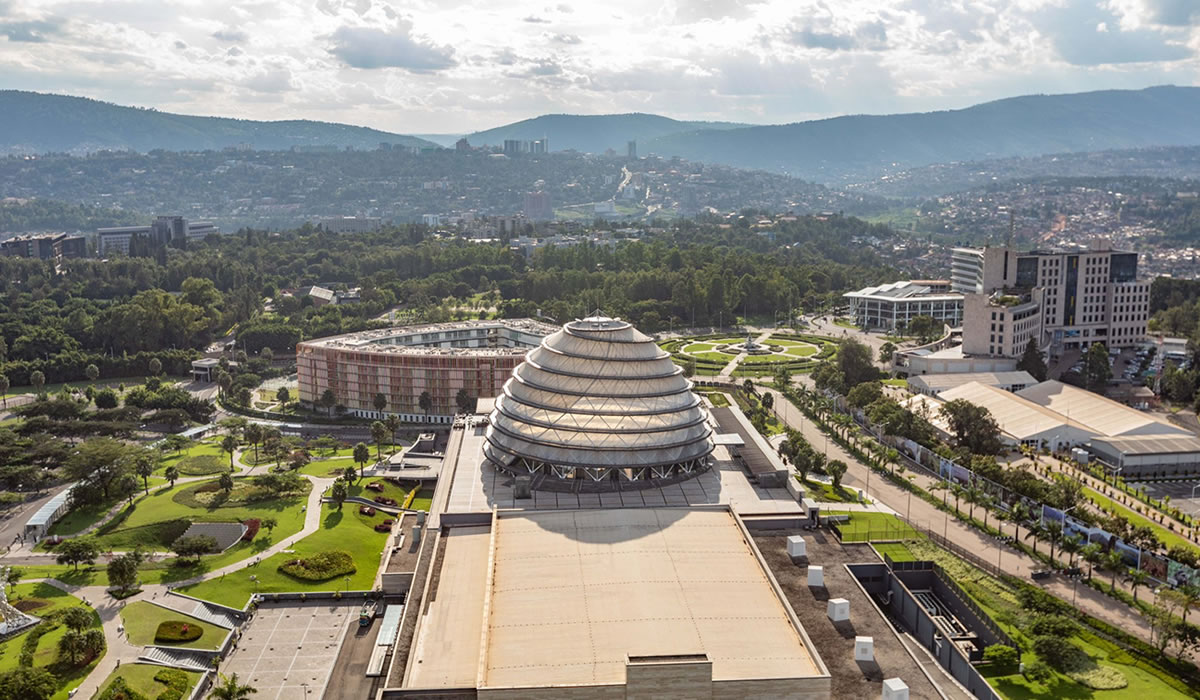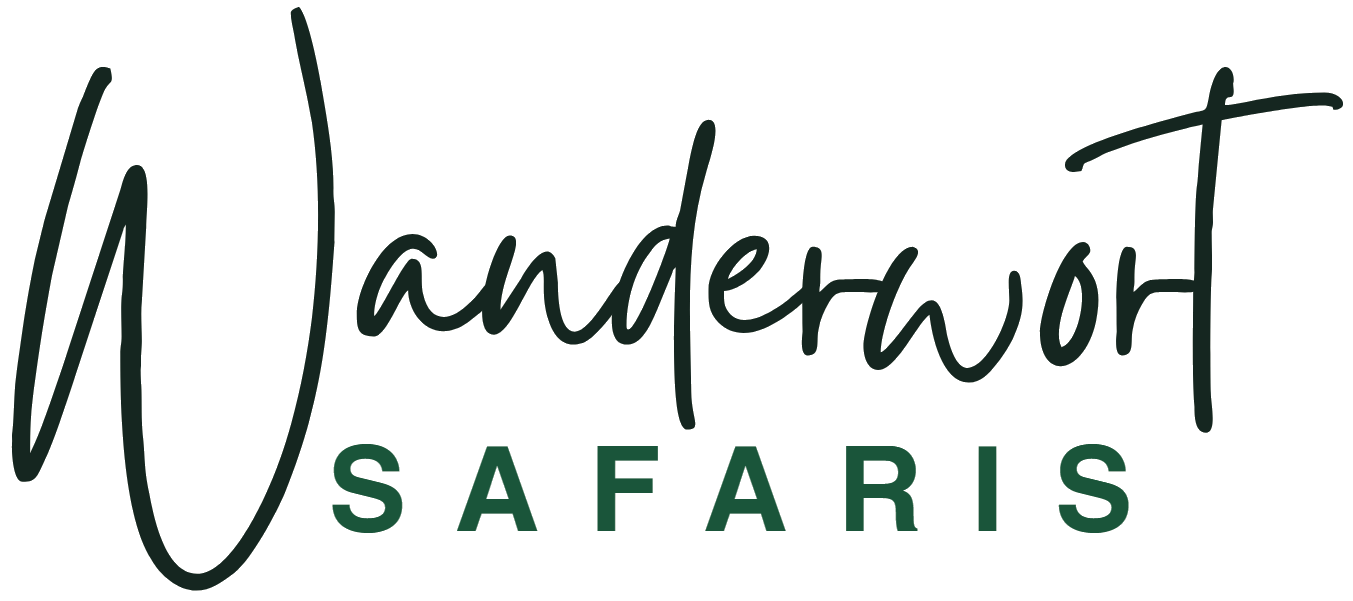Kigali, the capital of Rwanda, is often described as one of the cleanest and most organized cities in Africa. Nestled among rolling green hills in the heart of the country, Kigali is more than just a gateway to Rwanda’s famous attractions like Volcanoes National Park and Lake Kivu. The city itself is a destination worth exploring, with a rich cultural heritage, vibrant markets, historical landmarks, and a thriving modern lifestyle. A Kigali City Tour offers travelers a unique opportunity to discover the essence of Rwanda, blending history, culture, innovation, and hospitality in one fascinating journey.

Kigali’s story is one of transformation. Once primarily known as the backdrop of the 1994 Genocide against the Tutsi, the city has since rebuilt itself into a model of resilience and progress. Today, it stands as a symbol of unity, peace, and modernity. Exploring Kigali is not only about sightseeing but also about connecting with Rwanda’s past and present. Whether you are strolling through bustling neighborhoods, visiting memorials, or sampling local cuisine, a Kigali City Tour is an immersive experience that deepens your understanding of Rwanda’s journey.
One of the most significant stops on any Kigali City Tour is the Kigali Genocide Memorial. Located in Gisozi, this memorial is the final resting place for over 250,000 victims of the genocide and serves as both a place of remembrance and education. The exhibits provide detailed accounts of Rwanda’s history, the events leading up to the genocide, and the country’s efforts at reconciliation and healing. Though emotional, the visit is profoundly important for understanding the resilience of the Rwandan people. The Kigali Genocide Memorial sets the tone for a meaningful exploration of the city, reminding visitors of Rwanda’s history while highlighting its remarkable progress.
Beyond the memorial, Kigali is a city of culture and creativity. The Inema Arts Center is one of the best places to experience Rwanda’s contemporary art scene. Founded by two Rwandan brothers, the center showcases paintings, sculptures, and mixed media works that reflect modern African perspectives. Visitors can meet the artists, view exhibitions, and even purchase unique pieces of art. Other cultural spaces, such as Niyo Arts Gallery and Ivuka Arts Center, also highlight the talents of local artists and contribute to Kigali’s growing reputation as a hub of African creativity. For travelers who enjoy cultural immersion, these centers provide insight into Rwanda’s evolving identity and artistic expression.
Markets are another essential part of the Kigali experience. Kimironko Market is the largest and most famous in the city, offering a colorful and lively atmosphere where visitors can shop for fresh produce, fabrics, crafts, and souvenirs. The market is a feast for the senses, with vibrant kitenge fabrics, aromatic spices, and rows of tropical fruits on display. Interacting with vendors and exploring the stalls provides a genuine glimpse into daily life in Kigali. For travelers seeking authentic keepsakes, handwoven baskets known as Agaseke are popular and symbolic souvenirs of Rwandan craftsmanship.
A Kigali City Tour also showcases the city’s modern side. The Kigali Convention Centre, with its dome-shaped design inspired by traditional Rwandan architecture, is a landmark of the city’s skyline. Nearby, luxury hotels, trendy restaurants, and modern office buildings reflect Kigali’s rapid development as a business and tourism hub. Strolling through neighborhoods like Nyarutarama and Kacyiru reveals Kigali’s polished and cosmopolitan side, while areas like Nyamirambo, one of the city’s oldest neighborhoods, offer a vibrant contrast filled with energy, culture, and community spirit.
Nyamirambo is particularly popular with travelers who want to explore Kigali beyond the typical tourist sites. Known for its bustling streets, lively music, and colorful murals, Nyamirambo captures the soul of Kigali’s diversity. Guided walking tours, often led by local women’s cooperatives, take visitors through the neighborhood, with stops at homes, markets, hair salons, and local eateries. These tours provide authentic interactions and allow visitors to taste local dishes such as chapati, samosas, and brochettes. Nyamirambo is a true highlight for those who want to connect with Kigali’s people and culture on a personal level.
Food is an integral part of Kigali’s charm, and no city tour would be complete without experiencing Rwanda’s culinary scene. From local restaurants serving traditional dishes like ugali, beans, and isombe (cassava leaves with groundnuts), to international eateries offering a wide variety of cuisines, Kigali caters to all tastes. Popular spots such as Heaven Restaurant, Khana Khazana, and Republika Lounge are favorites among visitors. For those interested in coffee culture, Rwanda’s reputation as a producer of some of the world’s best coffee makes Kigali’s coffee shops an unmissable stop. Sampling freshly brewed coffee at places like Question Coffee Café not only offers a delicious experience but also highlights Rwanda’s thriving agricultural industry.
Another must-see attraction on a Kigali City Tour is the Campaign Against Genocide Museum, located at the Parliament. This museum highlights the role played by the Rwandan Patriotic Front (RPF) in stopping the genocide. With exhibits that detail the military operations, strategic decisions, and resilience of the Rwandan people, the museum provides an important complement to the Kigali Genocide Memorial. Together, they offer visitors a full understanding of Rwanda’s painful past and its extraordinary recovery.
For nature lovers, Kigali has beautiful green spaces and viewpoints. Mount Kigali, one of the city’s most popular spots, offers hiking trails and panoramic views over the city and surrounding hills. The climb is moderate, making it suitable for most visitors, and the reward at the summit is a breathtaking perspective of Kigali’s rolling terrain. The city also has well-maintained gardens and recreational spaces such as the Kigali Public Library grounds and Camp Kigali Memorial Gardens, where visitors can relax and reflect.
Kigali is also emerging as a center for innovation and sustainability. The city is known globally for its cleanliness, with strict laws on plastic usage and community clean-up days known as Umuganda, held every last Saturday of the month. Visitors participating in Umuganda gain a unique cultural experience, working alongside locals in community service. Kigali’s environmental initiatives and orderly infrastructure make it one of the most pleasant cities to explore in Africa.
Practical aspects make a Kigali City Tour easy to arrange and enjoyable. Kigali International Airport is only a short drive from the city center, and many attractions can be reached within minutes due to the city’s compact size and efficient road network. Tour operators offer guided city tours that include transport, knowledgeable guides, and curated itineraries, though independent travelers can also explore safely on their own. English, French, and Kinyarwanda are widely spoken, making communication relatively easy for visitors.
When planning a city tour, it is advisable to wear comfortable shoes for walking, carry sun protection, and bring a camera for capturing Kigali’s beautiful landscapes and vibrant street life. Tours can be tailored to a half-day or full-day itinerary, depending on the traveler’s schedule, with options to focus on history, art, markets, or a mix of all. Evening activities may include enjoying Kigali’s nightlife, with rooftop bars, live music venues, and cultural performances adding vibrancy to the city after dark.
What truly sets Kigali apart is its atmosphere. The city is clean, safe, and welcoming, with a sense of pride and unity that is immediately felt by visitors. The friendliness of Rwandans enhances every experience, from a simple market visit to a guided museum tour. Kigali manages to balance its poignant history with a forward-looking optimism, making it a city that inspires both reflection and admiration.
In summary, a Kigali City Tour is a must for any visitor to Rwanda. The experience blends powerful history with dynamic culture, modern development, and natural beauty. From the Kigali Genocide Memorial and bustling Kimironko Market to the art galleries, neighborhoods, and coffee houses, every stop reveals another layer of Rwanda’s capital. Whether you are in Kigali for a short stay or as part of a longer safari, dedicating time to explore the city ensures a deeper connection with the country.
For travellers seeking an African capital that is safe, inspiring, and full of stories, Kigali delivers an experience that is both profound and uplifting. A Kigali City Tour is not just a journey through streets and landmarks, it is a journey through Rwanda’s soul.

